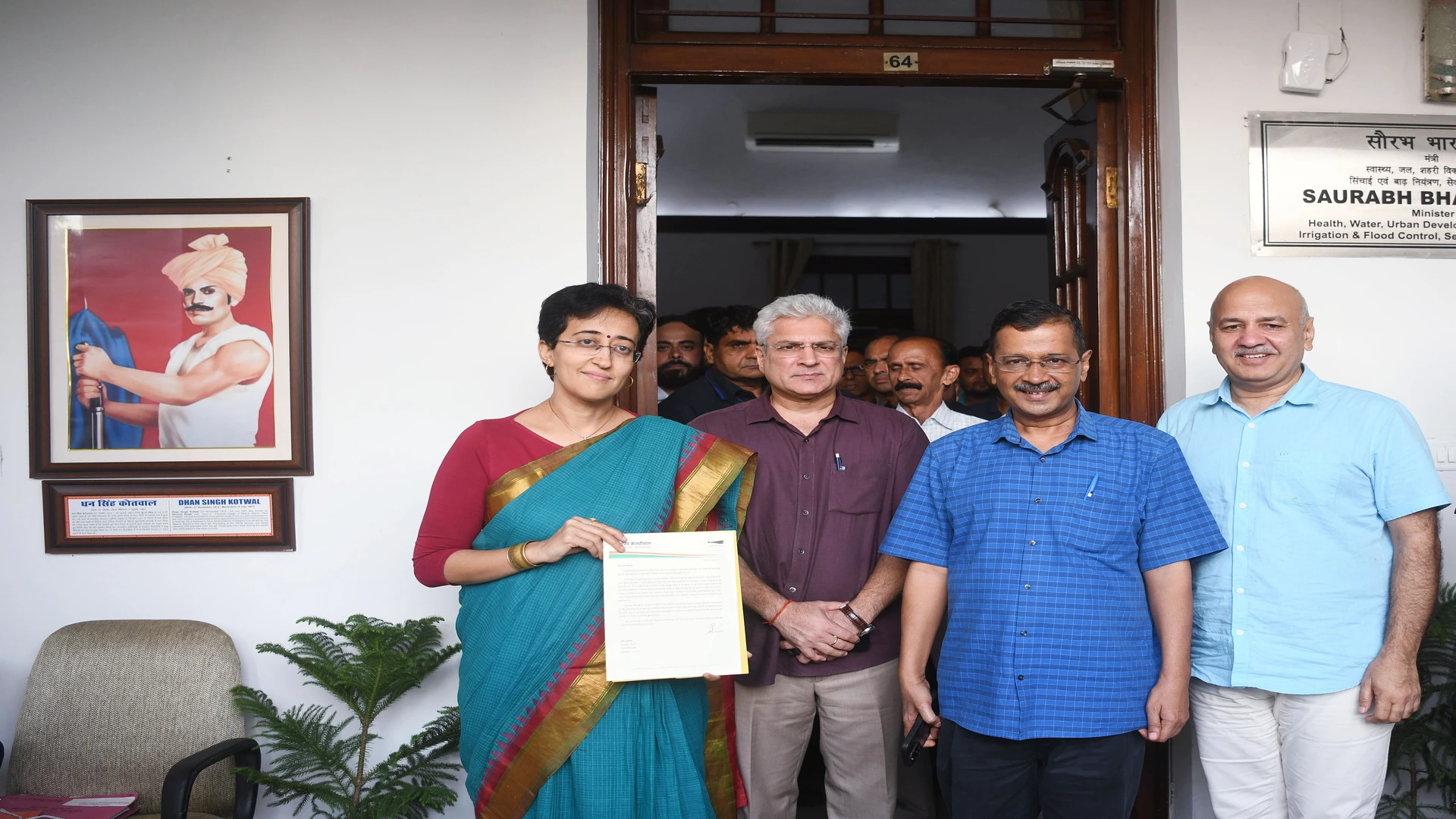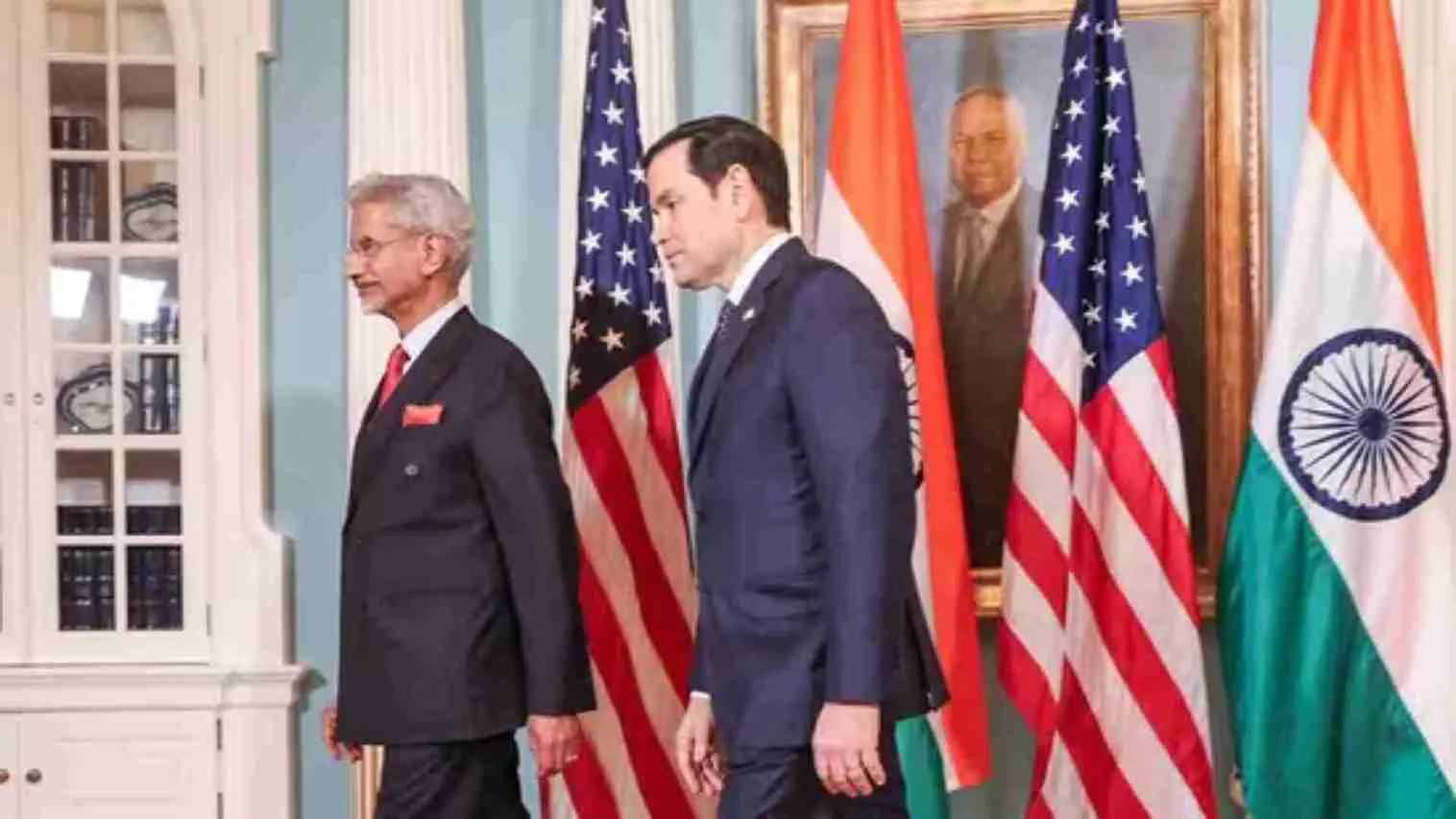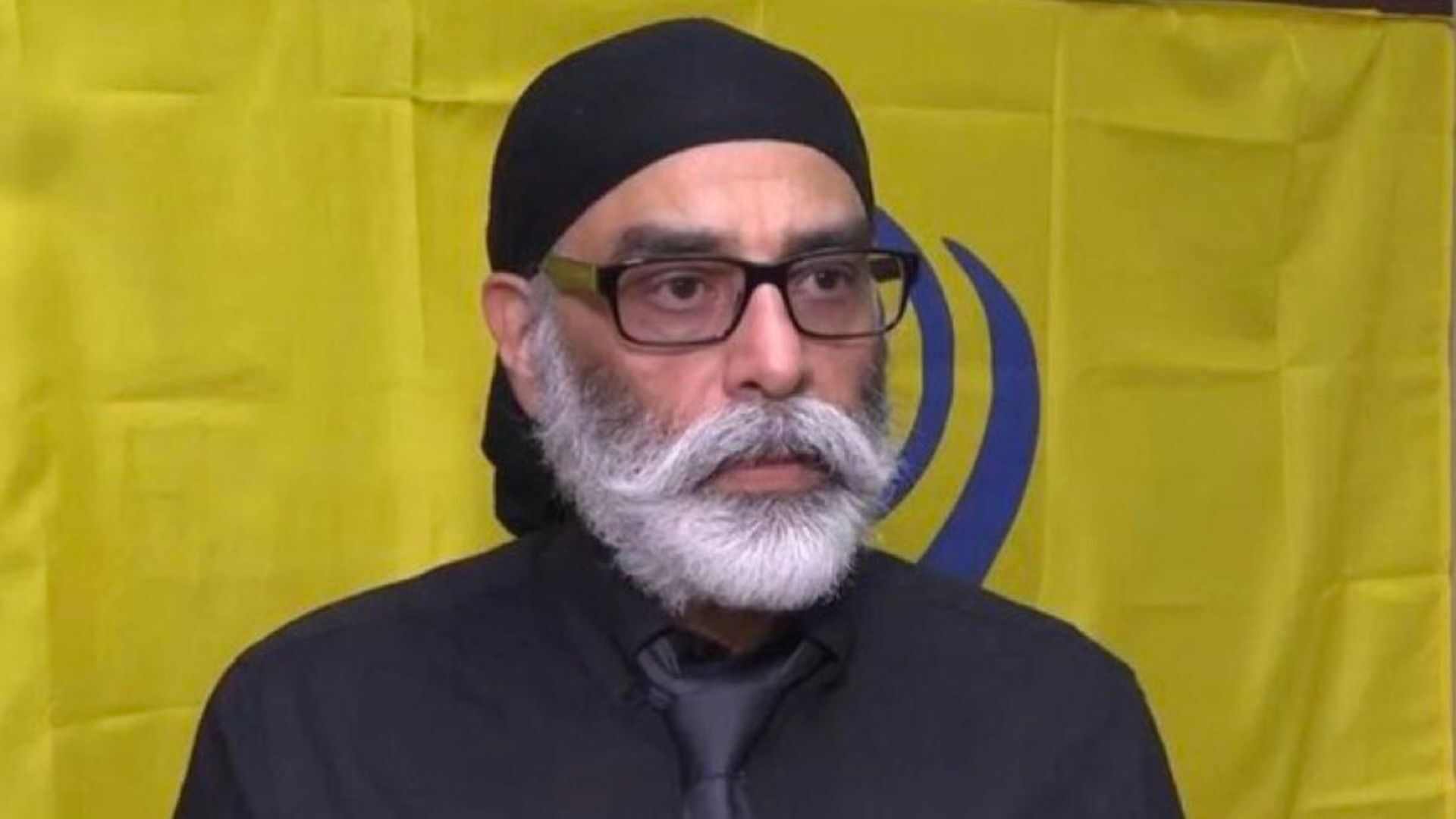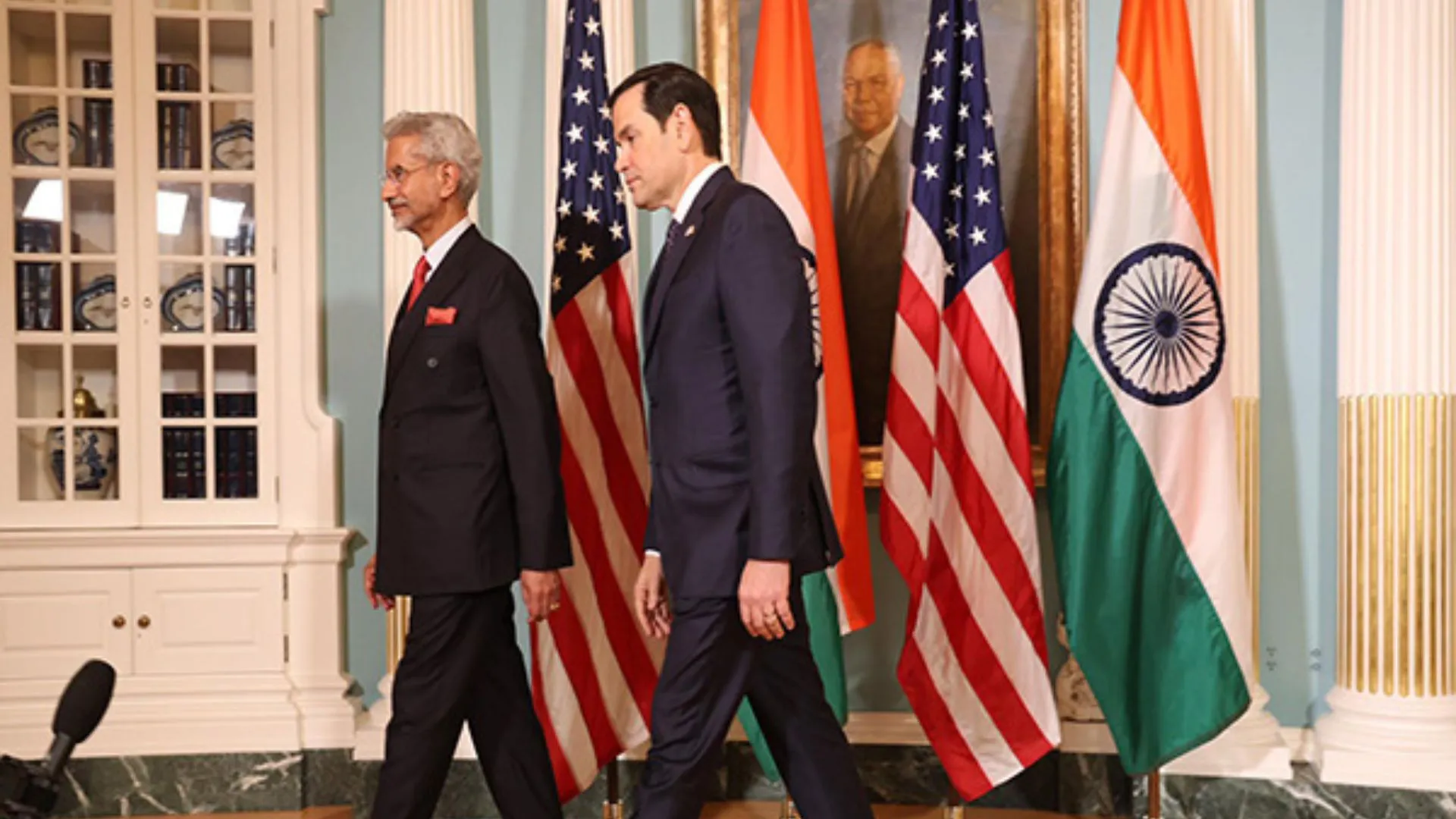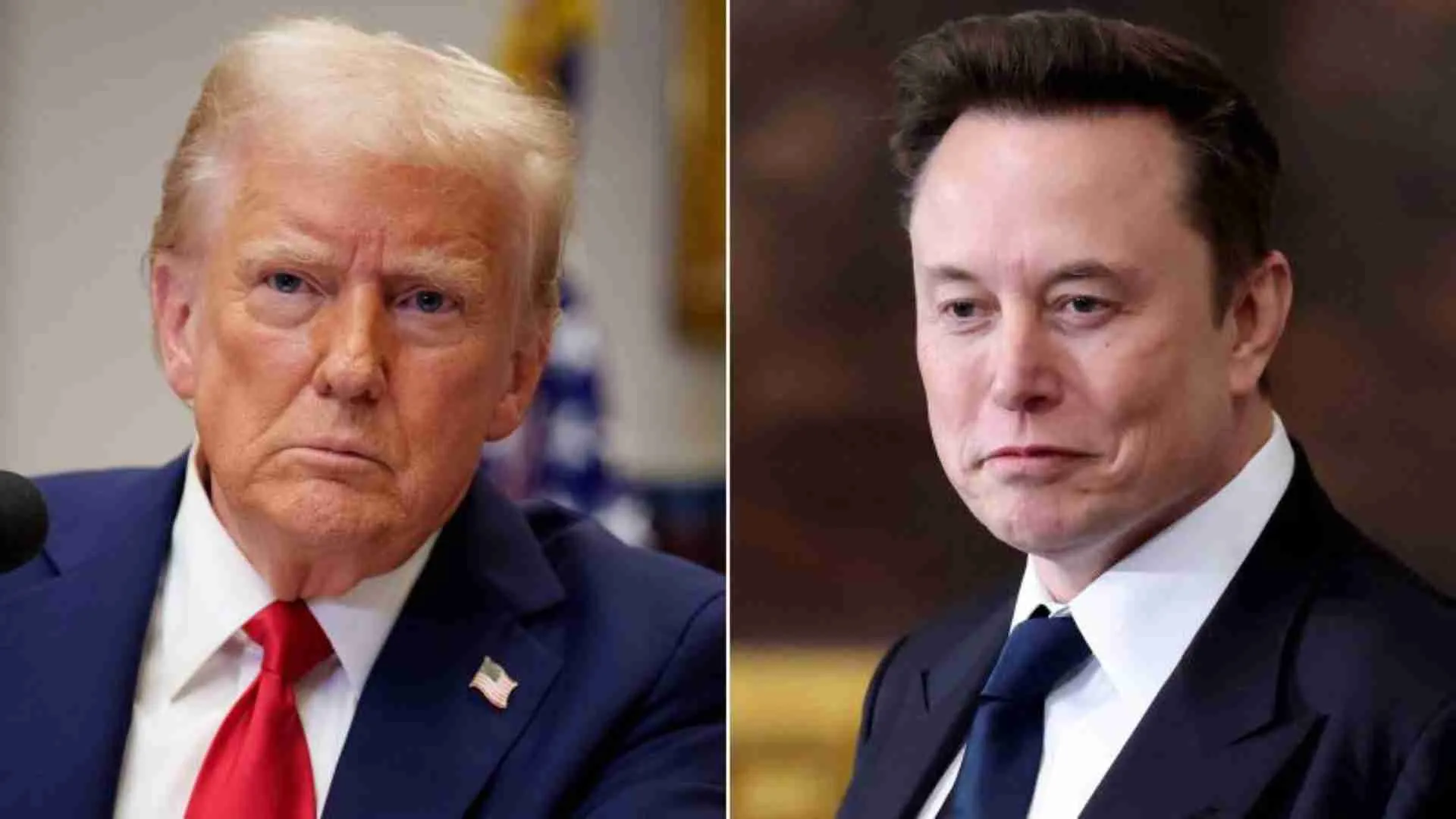Kailash Gahlot’s resignation from the Aam Aadmi Party (AAP) on November 17, 2024, has ignited debates about hidden fissures within the party and his potential alignment with the Bharatiya Janata Party (BJP). Gahlot, a key minister in the Delhi government, claimed his decision was driven by AAP’s “grave challenges” and controversies, but critics and insiders suggest a deeper, more calculated strategy could be at play.
Behind the Resignation: Power Shifts or Political Ambitions?
Gahlot’s resignation comes months after Delhi Chief Minister Arvind Kejriwal stepped down following corruption charges. Atishi, a rising star in the party, assumed leadership, further sidelining senior leaders like Gahlot. His removal from the crucial Law Ministry last year and a public rift over Independence Day ceremonial duties hinted at growing tensions with Kejriwal and Atishi.
“Gahlot’s compliance with the LG’s directive during the flag-hoisting controversy was seen as betrayal by Kejriwal loyalists. This was the tipping point,” said a senior party insider on condition of anonymity.
Sources within AAP allege that Gahlot’s resignation was timed to hurt the party ahead of Delhi Assembly elections. His open criticism of the “Sheeshmahal” controversy—pertaining to Kejriwal’s lavish residence renovation—has been framed by some as an attempt to distance himself from the party’s perceived missteps.
Links to BJP: Coincidence or Conspiracy?
The BJP’s overtures towards Gahlot have fuelled rumours of his defection. Delhi BJP chief Virendra Sachdeva publicly welcomed the possibility, stating, “No honest person will work with Kejriwal’s robbers’ gang. Gahlot has taken a bold step by exposing them.”
However, opposition leaders and AAP loyalists are questioning Gahlot’s motives. AAP’s Sanjay Singh accused him of being coerced by central agencies. “The Modi Washing Machine is at work again. ED and IT raids have become tools to force honest leaders into joining the BJP,” he said.
This isn’t the first time AAP leaders have faced scrutiny for alleged ties with the BJP. Critics argue that Gahlot’s departure is part of a larger BJP strategy to weaken AAP from within by targeting vulnerable leaders.
Atishi’s Leadership Under Fire
Gahlot’s exit also raises questions about Atishi’s leadership and ability to maintain internal unity. While Atishi accepted his resignation without comment, her growing influence has reportedly alienated several senior leaders. “Atishi’s rapid rise is ruffling feathers. Her assertiveness is being viewed as autocratic by some factions,” said a political analyst.
Some see Gahlot’s resignation as a signal of discontent among other senior AAP leaders, who may feel marginalized. This speculation adds to the narrative of an impending power struggle within the party.
Impact on Delhi Polls
The timing of Gahlot’s resignation couldn’t be worse for AAP, with Assembly elections just months away. While AAP has tried to frame this as BJP’s “dirty politics,” the perception of internal discord could alienate voters.
Gahlot’s statement that AAP is more focused on its “political agenda” than delivering services further weakens the party’s claim of governance superiority. His criticism of unfulfilled promises, like cleaning the Yamuna, resonates with a section of Delhi voters frustrated by stagnating development.
What Lies Ahead?
As speculation mounts over Gahlot’s next move, whether he joins the BJP or charts an independent course will define the political narrative in the coming weeks. For AAP, the challenge is twofold: addressing internal dissent and countering BJP’s narrative of “misgovernance.”
Also read: Jhansi Hospital Fire Claiming 11 Newborns Caused Due To Short Circuit
If Gahlot does join the BJP, it would mark a significant blow to AAP’s credibility. But if he remains politically inactive, it could lend weight to AAP’s claims of coercion. Either way, the resignation has left Delhi’s political landscape more polarized than ever.

